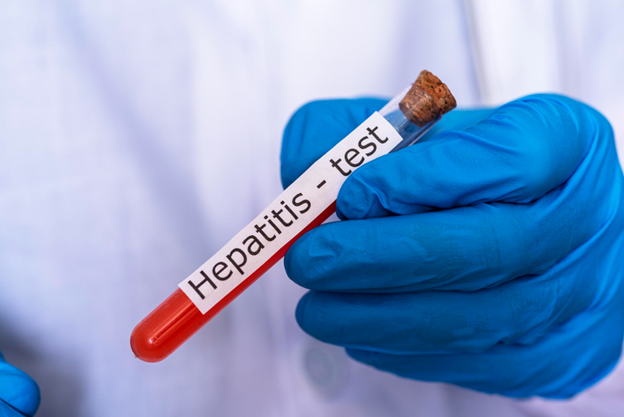Hepatitis A is a virus that affects the liver, usually spread through contaminated food and water. If you think you might have been exposed to the virus or are showing symptoms, getting tested is essential.
Why Get Tested for Hepatitis A?
Testing for hepatitis A is important for a few reasons:
- Confirm Symptoms: If you’re feeling unwell with symptoms like jaundice (yellowing of your skin or eyes), dark urine, tiredness, and stomach pain, a test can confirm if hepatitis A is the cause.
- Check Exposure: If you’ve been in contact with someone who has hepatitis A or have been to places where the virus is common, testing can show if you’ve caught it.
- Prevent Spread: Finding out if you have hepatitis A helps stop the virus from spreading to others and ensures you get the right care.
How is Hepatitis A Testing Done?
Getting tested for hepatitis A is simple and involves:
- Blood Sample: A healthcare provider will take a small sample of blood from your arm. This is quick and usually doesn’t hurt much.
- Lab Analysis: The blood is then sent to a lab where it’s tested for antibodies to the hepatitis A virus.
Types of Hepatitis A Tests
There are two main types of hepatitis A tests:
- Hepatitis A Antibody Test (Anti-HAV Test):
- IgM Antibodies: This test looks for IgM antibodies, which show up in your blood soon after you get infected. A positive result means you have a current or recent hepatitis A infection.
- IgG Antibodies: This test finds IgG antibodies, which appear later and show if you’ve had hepatitis A before or if you’ve been vaccinated. A positive result means you’re likely immune to the virus.
- Hepatitis A RNA Test: This test detects the actual virus in your blood. It’s not commonly used but can help in special cases or research.
What Do the Results Mean?
Here’s what your test results can tell you:
- Positive IgM Test: Indicates you have a current or recent hepatitis A infection. You might be experiencing symptoms now.
- Positive IgG Test: Means you’ve had hepatitis A in the past or have been vaccinated. You are likely immune now.
- Negative Results: Suggests you haven’t been infected or it’s too early for the virus to show up in your blood. If you have symptoms but test negative, more tests might be needed.
What Happens Next?
If your test shows you have hepatitis A, your doctor will guide you on what to do next:
- Managing Symptoms: You’ll get advice on how to handle symptoms and support your liver’s recovery.
- Preventing Spread: You’ll need to take steps to avoid spreading the virus to others.
- Follow-Up Care: Regular check-ups might be needed to monitor your liver health and recovery.
Preventing Hepatitis A
If you have hepatitis A or want to avoid getting it:
- Good Hygiene: Wash your hands thoroughly, especially after using the bathroom and before eating.
- Safe Food and Water: Eat and drink from reliable sources to avoid contamination.
- Inform Others: Let people you’ve been close to know so they can be tested and take precautions.
Hepatitis A testing helps diagnose the virus and manage your health. By understanding how testing works and what your results mean, you can take the right steps to get better and protect those around you. If you think you might have hepatitis A, talk to your healthcare provider for the right tests and treatment options





